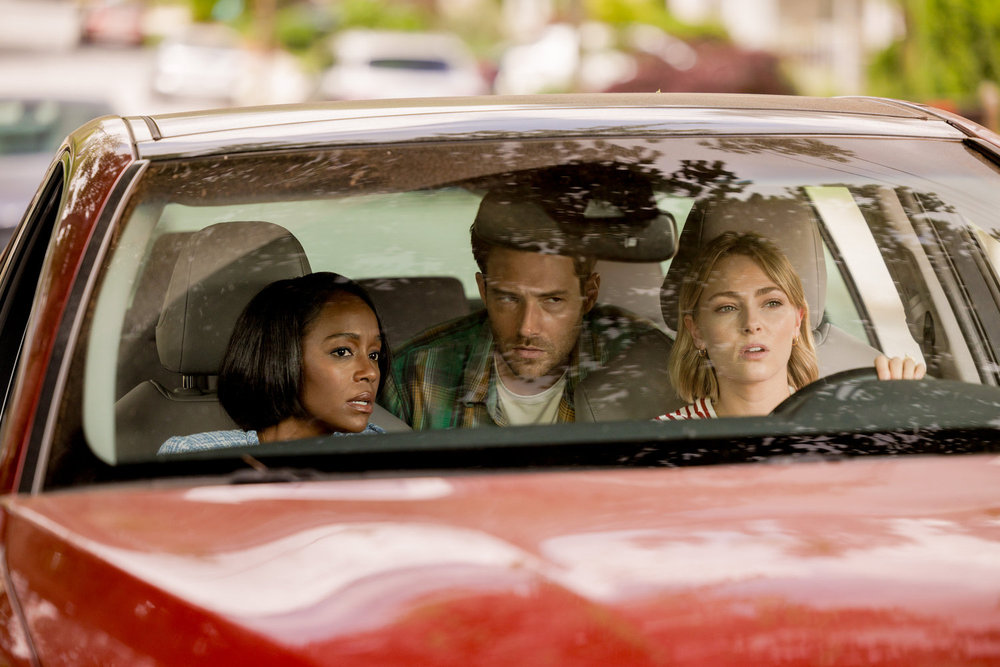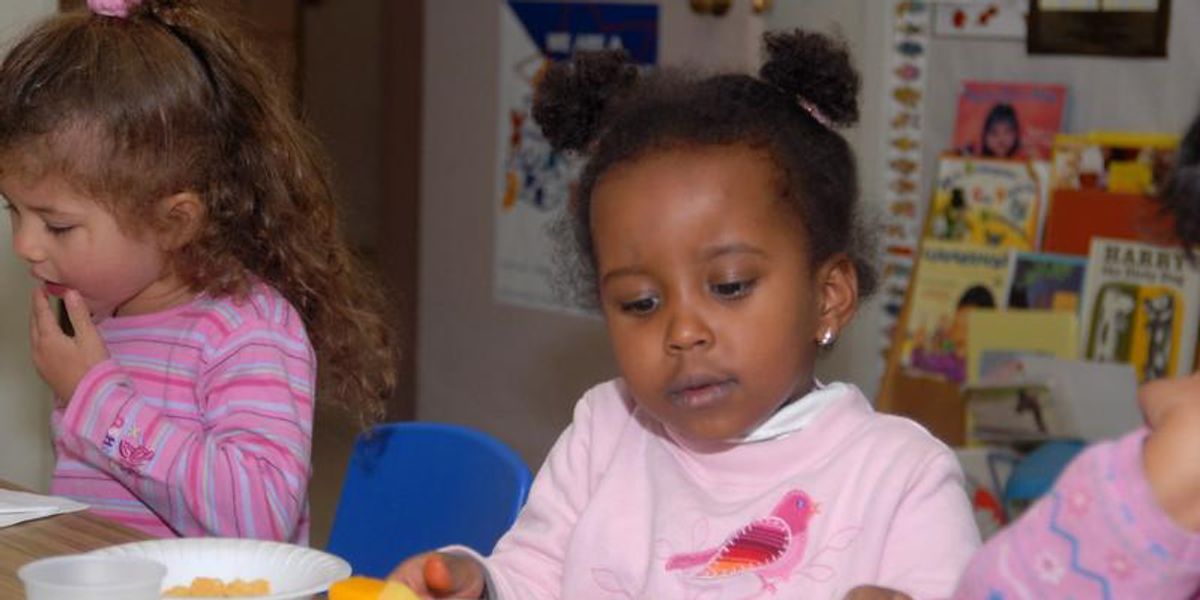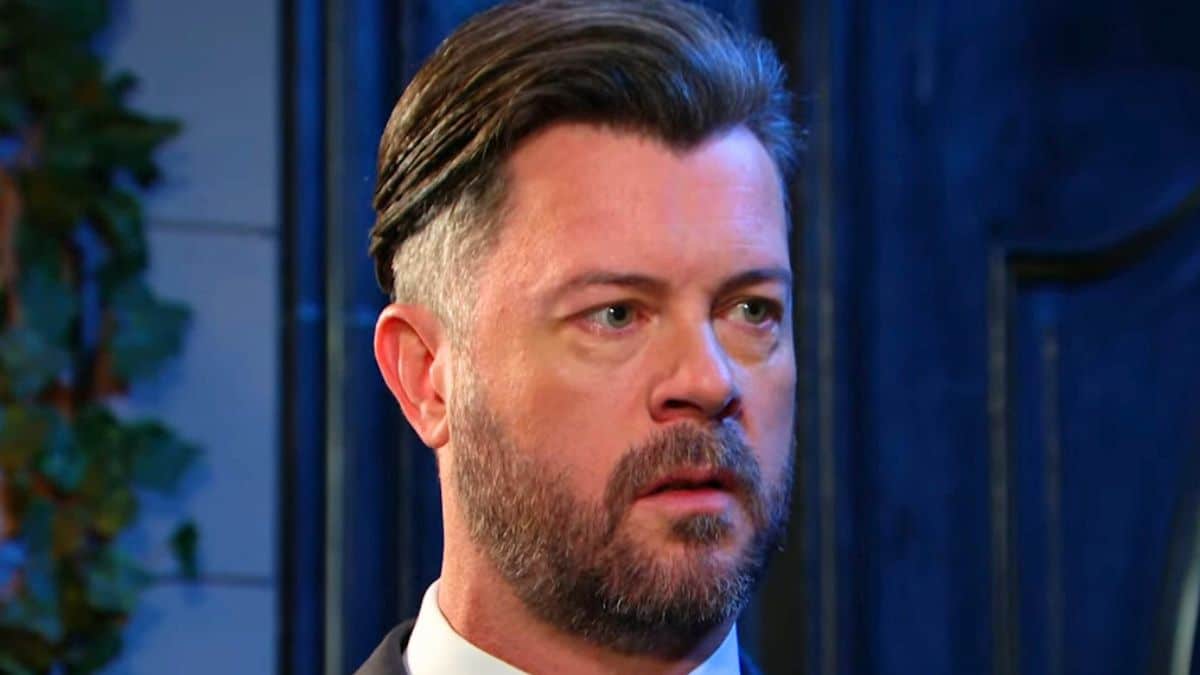“Brandon,” it emerges, was not Brandon at all, but instead Brian MacKinnon, who was 32 when he re-enrolled at Bearsden posing as a 17-year-old pupil. Though he’d studied at the same school in the late 1970s, none of the teaching staff recognized MacKinnon, who’d permed his hair as part of his disguise. The imposter’s explanation to the headmaster that he’d recently relocated to the area, meanwhile, was accepted without further scrutiny after a quick address check.
The astonishing particulars of MacKinnon’s ruse—not revealed until 1995, a year after he’d aced his higher-grade exams and begun studying medicine at Dundee University—made him infamous in Scotland, and the case has understandably stuck with those who only thought they knew him. One such peer, McLeod stays mostly off-camera throughout “My Old School,” which interviews over 30 of his former schoolmates and teachers in a rueful but good-humored attempt to figure out how they all could have been taken in by such a ludicrous deception.
As a result, “My Old School” often feels as warmly provincial as a class reunion, though the film’s analysis of what happened is stymied by its participants’ lingering mixture of bemusement and chagrin. “Bearsden Academy was a bit of a time warp,” offers one pupil, Nicola Walker, not quite keeping the grin off her face. “I remember it being very old-fashioned,” adds another, identified as Valerie.
McLeod himself often seems content to have a laugh about the whole affair. The animation is especially rife with gags, such as one in which the young/old MacKinnon heads to class and is faced with directions posted at the end of a hallway: one points to History, the other Modern Studies. Also amusing but unrevealing is McLeod’s decision to seat his interviewees at school desks, cramped postures and bewildered expressions underlining that central question of how MacKinnon was able to pull off such a discomfiting masquerade, and why.
“It was like being behind enemy lines without an enemy,” MacKinnon recounts boastfully at one point, an observation “My Old School” doesn’t initially pry at so much as amplify, fixating on this interloper’s mesmeric charms until he appears more myth than man. At first, McLeod’s playful, even nostalgic approach squares with the sentiments of his interviewees, who recall MacKinnon as both an odd duck but a folk hero. But the film grows darker as McLeod peers into schoolmates’ memories, surfacing half-forgotten incidents and unanswered questions. Sequences in which he points out inconsistencies in their recollections—or proves, using video footage, that the reality of MacKinnon’s actions was worse than they’d remembered—mark the film at its most disturbing and effective.







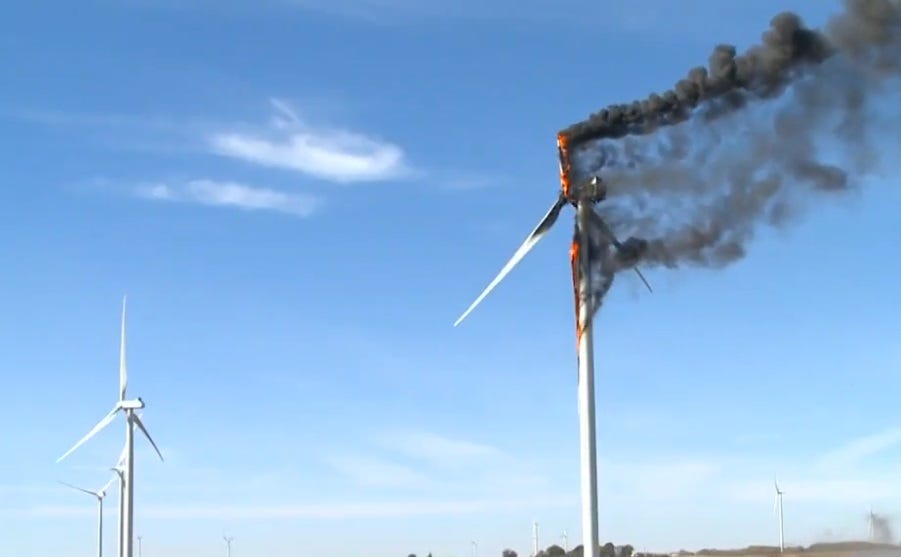

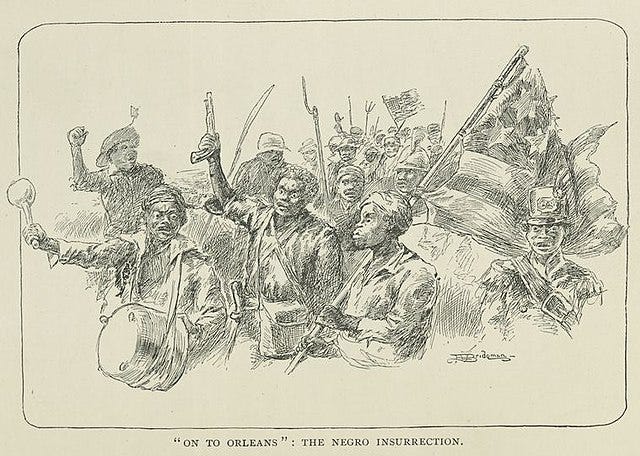

















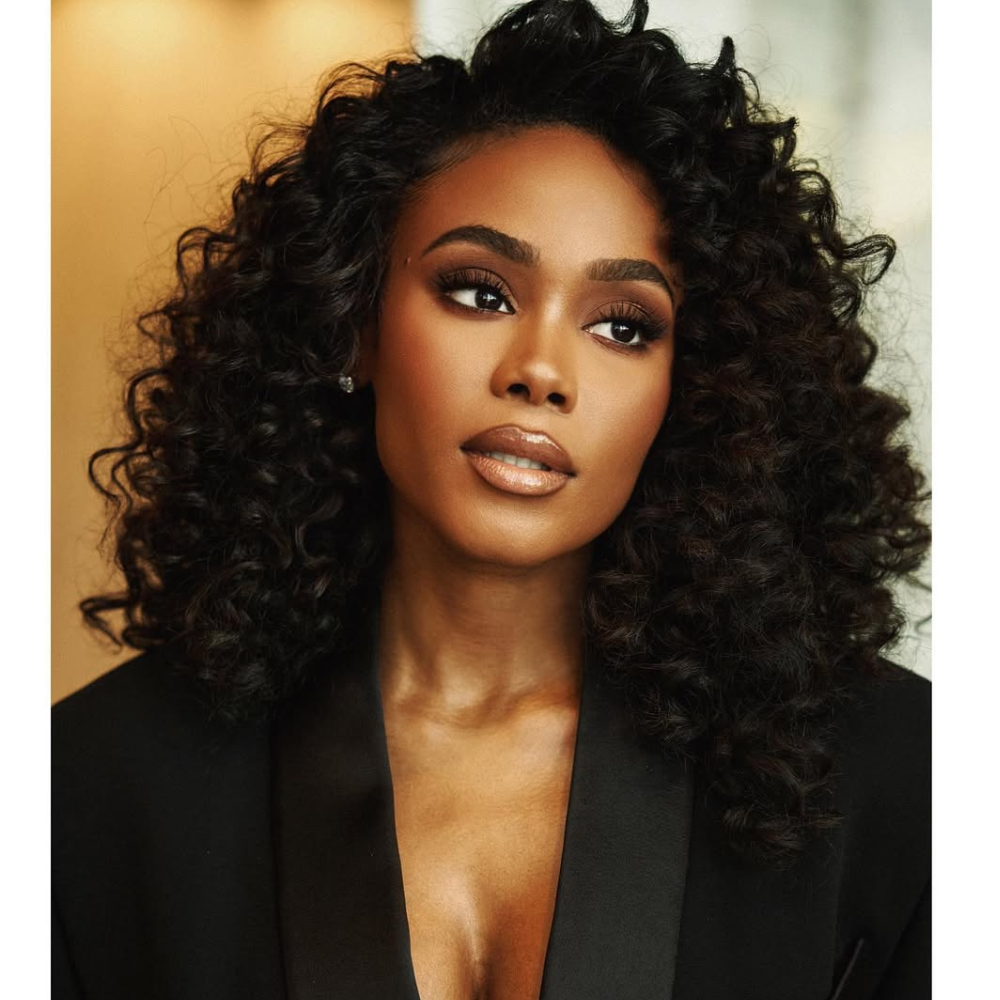










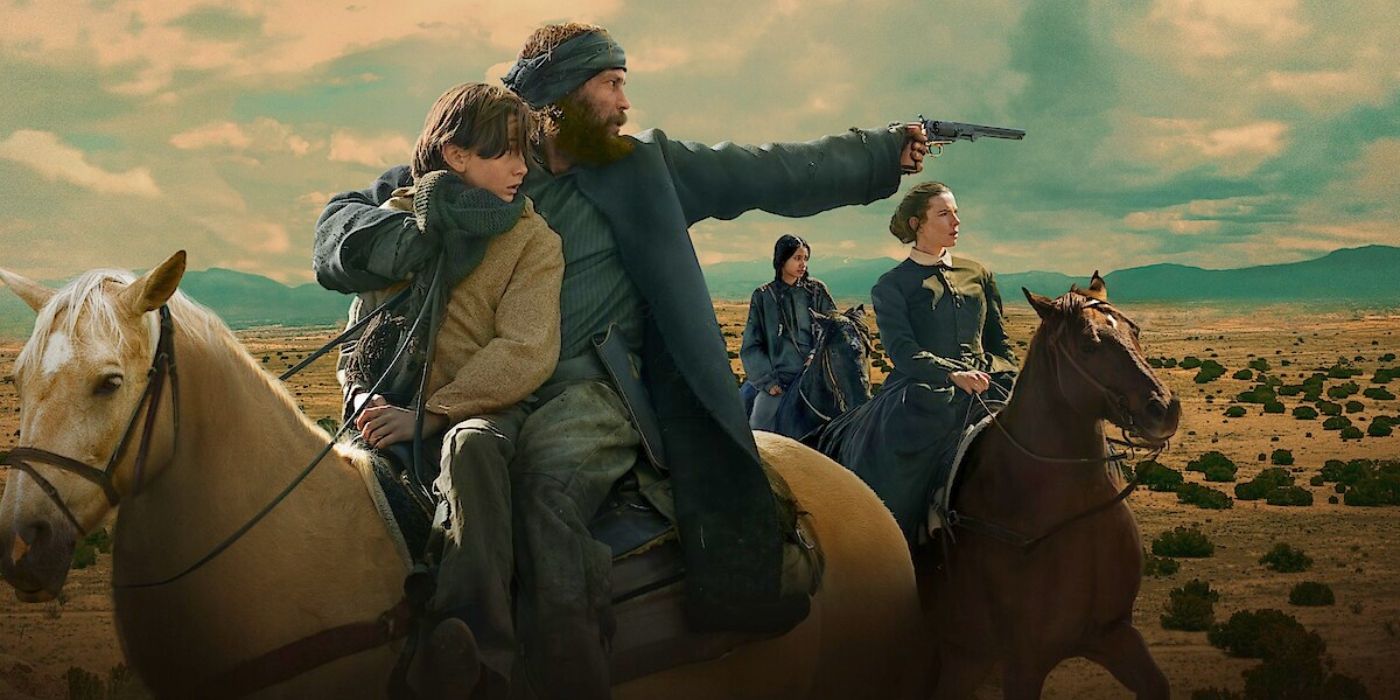
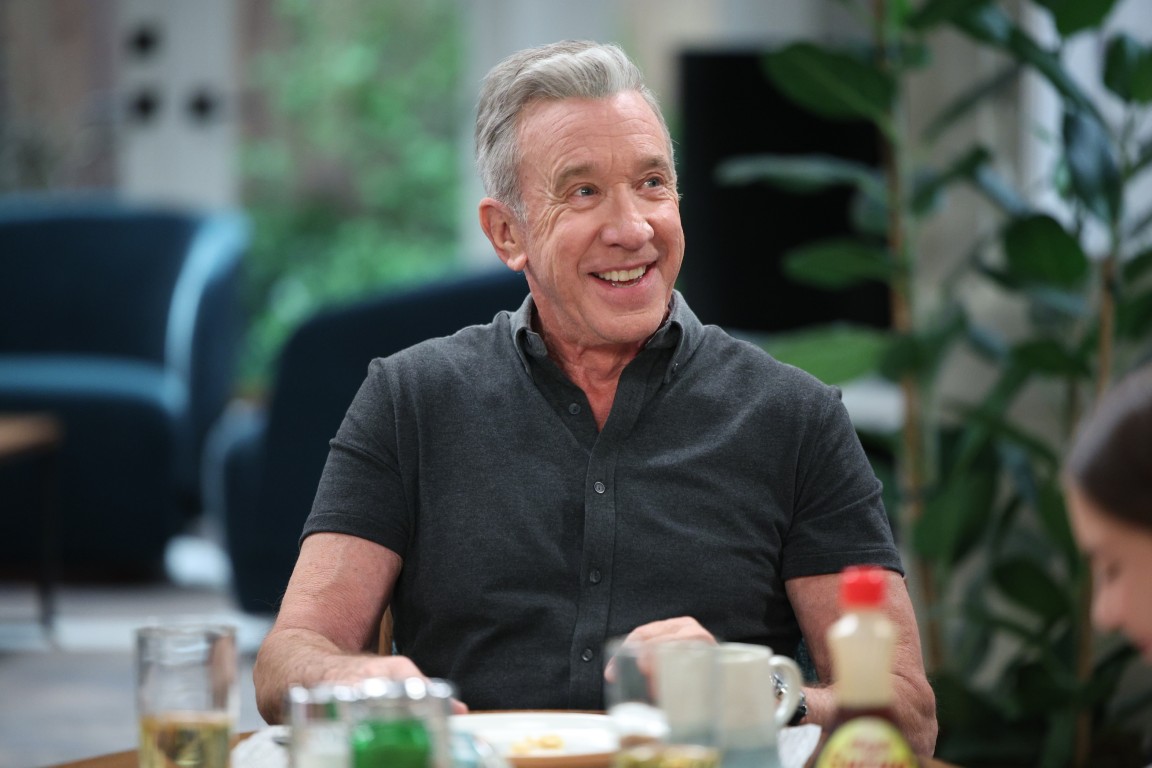

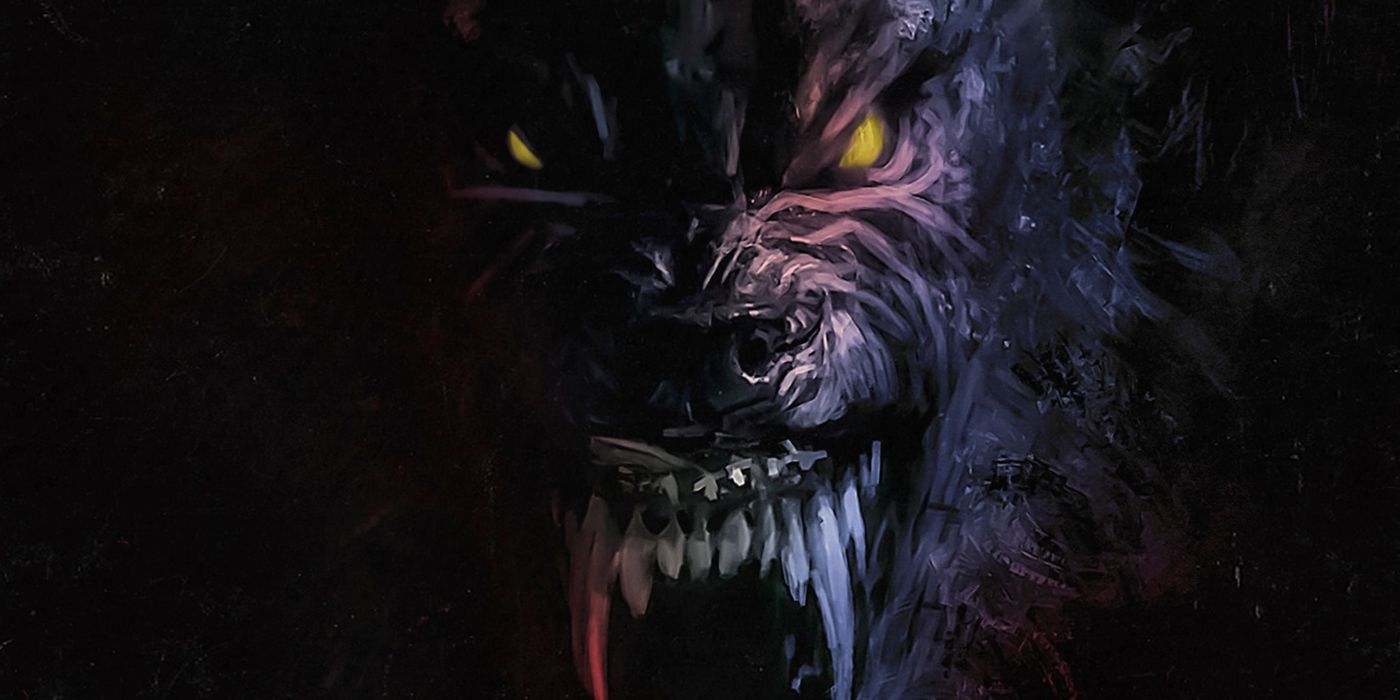

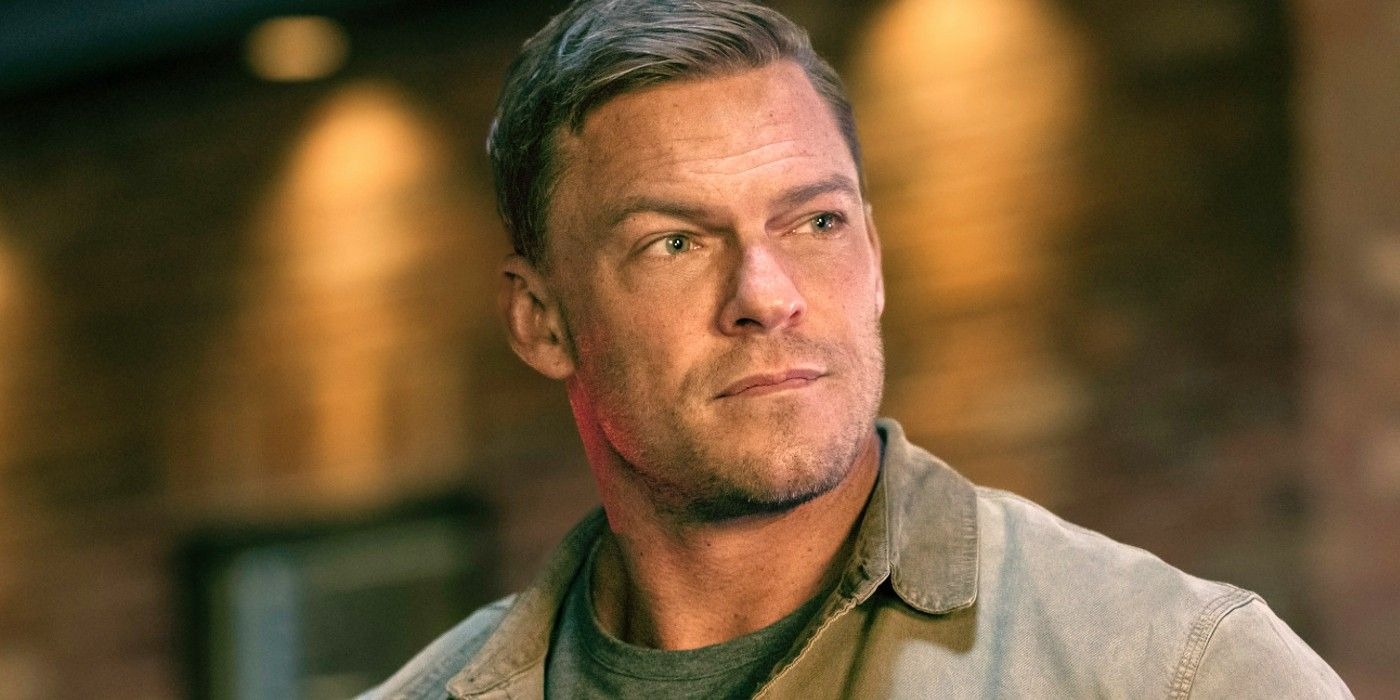


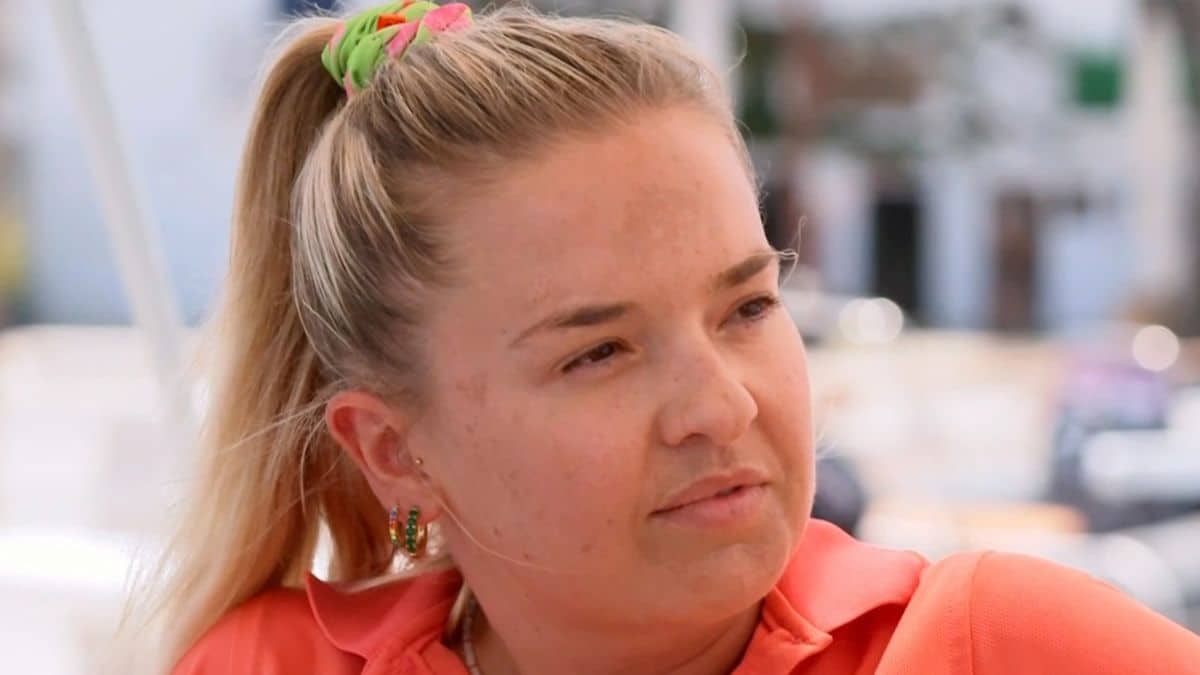
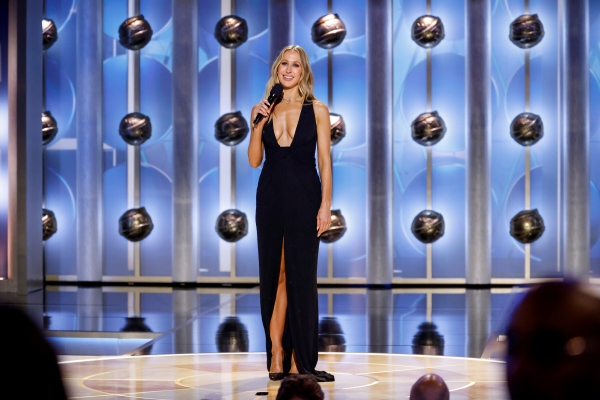
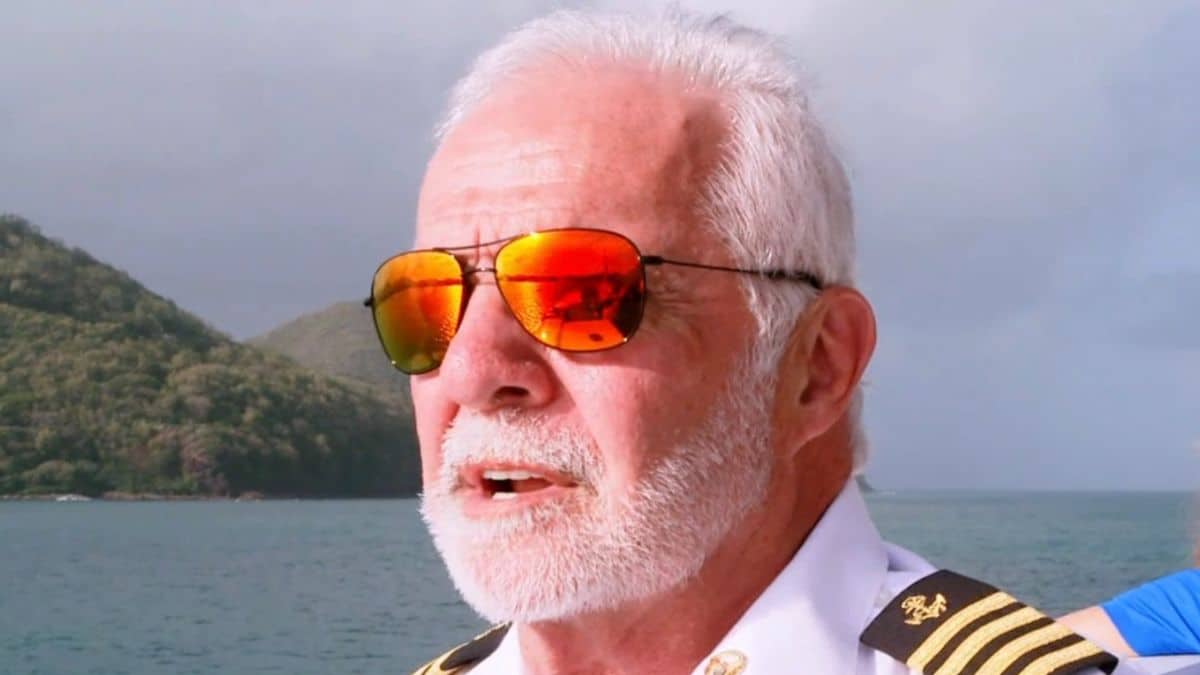
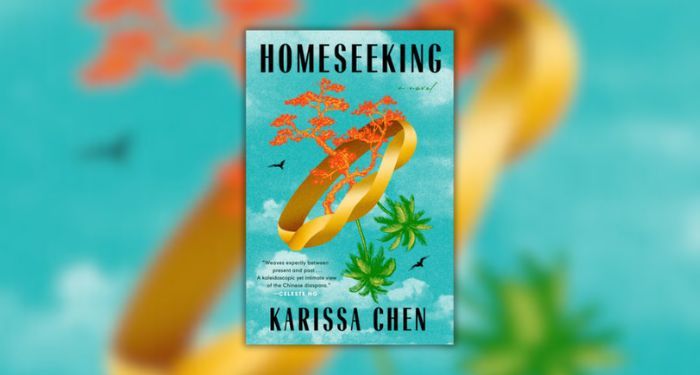
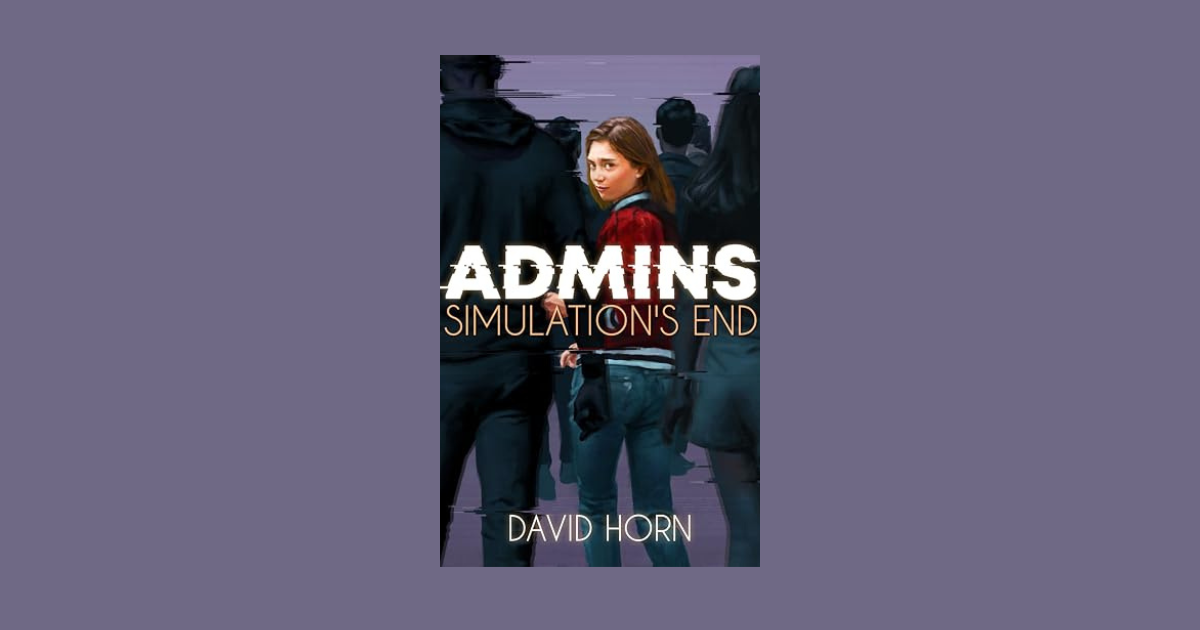

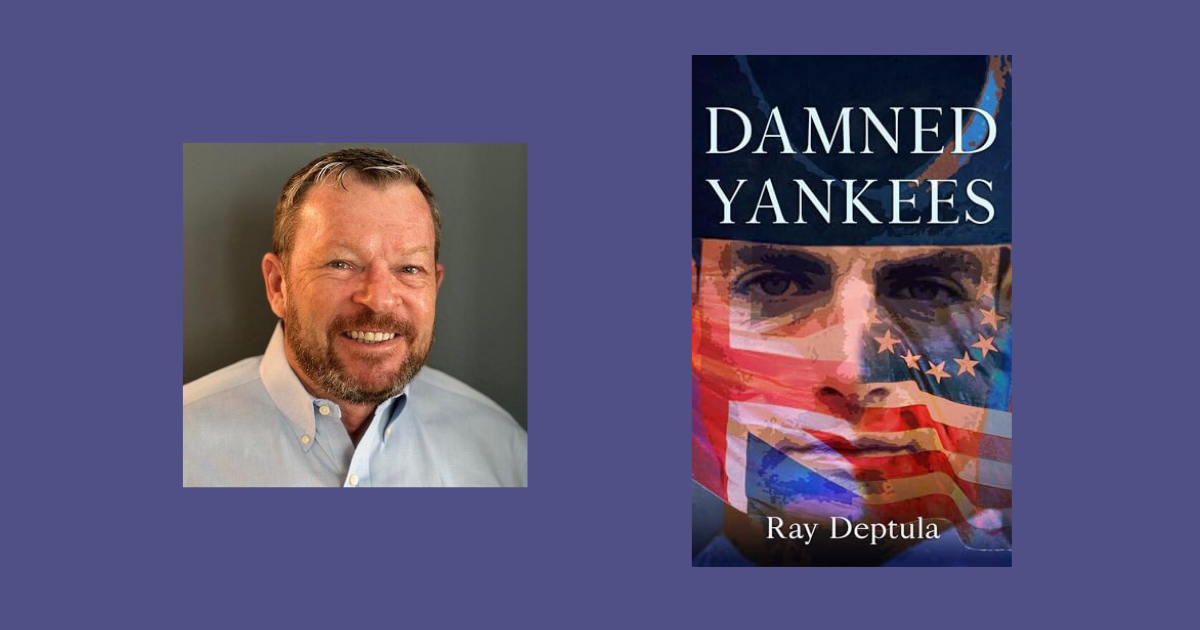


![Instagram Shares Tips on What to Avoid to Maximize Post Reach [Infographic] Instagram Shares Tips on What to Avoid to Maximize Post Reach [Infographic]](https://imgproxy.divecdn.com/oeaypf55nGOsin6XxBa9EFYmwtVEiffkp9q_OiAPUGM/g:ce/rs:fit:770:435/Z3M6Ly9kaXZlc2l0ZS1zdG9yYWdlL2RpdmVpbWFnZS9pbnN0YWdyYW1fZGlzdHJpYnV0aW9uX2luZm9ncmFwaGljMi5wbmc=.webp)



![Online Shopping Reached New Highs in 2024 [Infographic] Online Shopping Reached New Highs in 2024 [Infographic]](https://imgproxy.divecdn.com/kCw9rTPPHoCqXkkL4Bt8p7eohxOuRs6iXsDK03Fxr_8/g:ce/rs:fit:770:435/Z3M6Ly9kaXZlc2l0ZS1zdG9yYWdlL2RpdmVpbWFnZS9vbmxpbmVfc2hvcHBpbmdfc3VyZ2UyLnBuZw==.webp)






